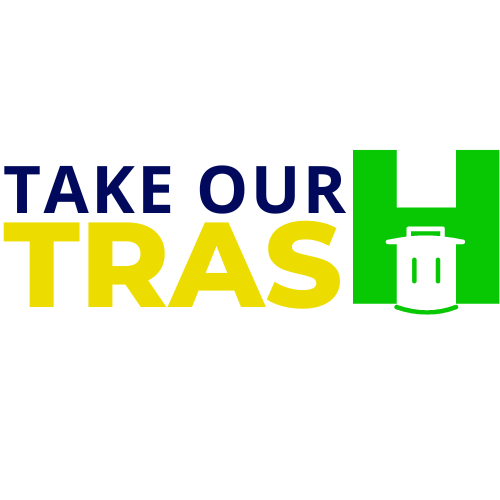In today’s eco-conscious world, recycling has become a vital part of waste management. It reduces landfill waste, conserves natural resources, and promotes sustainability. However, not all materials can be recycled. Understanding which items belong in the trash can significantly improve your recycling efforts and streamline your waste management processes, especially for property managers overseeing multiple tenants. Here’s a guide to the materials that cannot be recycled and why it’s important to know them.
1. Contaminated Items
One of the most significant challenges in recycling is contamination. Items that have been soiled with food, grease, or chemicals are often unrecyclable. For example:
- Pizza Boxes: Often made of cardboard, but food residue makes them non-recyclable.
- Takeout Containers: Many of these are coated in plastic or are made from polystyrene, which cannot be recycled.
- Plastic Wrap and Foil: These materials can stick to recyclable items, making entire batches of recycling unusable.
2. Certain Plastics
Not all plastics are created equal when it comes to recycling. The recycling process is highly dependent on the type of plastic and its recycling code. Common plastics that cannot be recycled include:
- Plastic Bags: These often clog recycling machinery and should be returned to designated grocery store bins.
- Styrofoam (Polystyrene): Used for food containers and packaging, Styrofoam is rarely accepted in curbside recycling programs.
- Microwavable Containers: These are often made from mixed materials that cannot be separated during recycling.
3. Glass Items
While most glass is recyclable, certain types cannot be processed through regular recycling channels:
- Window Glass: This glass has a different chemical composition and melting point than container glass, making it unsuitable for recycling.
- Mirrors and Light Bulbs: These materials can break and contaminate the recycling stream, so they should be disposed of in regular trash or through specialized disposal programs.
4. Hazardous Materials
Items that pose a risk to health or the environment should never be placed in recycling bins:
- Batteries: These contain toxic substances and should be taken to a hazardous waste facility.
- Electronics: E-waste contains metals and chemicals that require special handling.
- Chemical Containers: Containers that held paint, cleaners, or pesticides should not be recycled due to contamination risks.
5. Non-Recyclable Paper Products
While paper recycling is common, certain items do not qualify:
- Tissues and Paper Towels: These products are too contaminated to be recycled and should go in the trash.
- Waxed Paper and Carbon Paper: The coatings on these materials prevent them from being recycled effectively.
- Photographs: The chemicals in photos make them unsuitable for standard recycling processes.
Why Knowing What Cannot Be Recycled Matters
For property management professionals, understanding non-recyclable materials is crucial for several reasons:
- Promoting Proper Disposal: By educating tenants on what can and cannot be recycled, property managers can reduce contamination and improve overall recycling rates.
- Streamlining Waste Management: Proper disposal can minimize the volume of waste sent to landfills and optimize the efficiency of trash services.
- Environmental Responsibility: Encouraging responsible waste disposal practices fosters a culture of sustainability within the community.
Conclusion
Recycling is an essential part of effective waste management, but it’s equally important to know which materials cannot be recycled. By understanding the limitations and educating others, property managers can help reduce contamination, streamline trash service operations, and contribute to a more sustainable future. Always remember to check local recycling guidelines, as they can vary widely by region, ensuring that your waste management practices align with local regulations.

